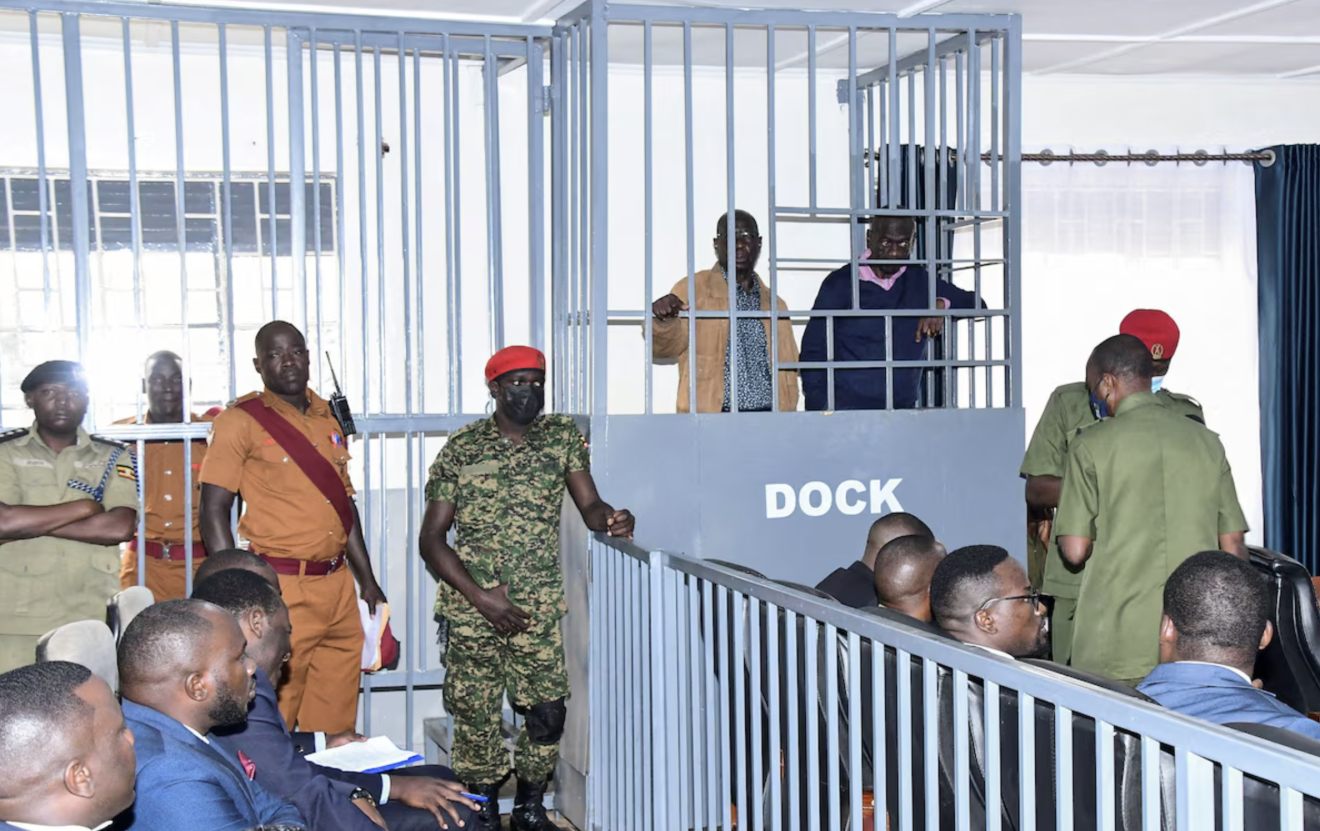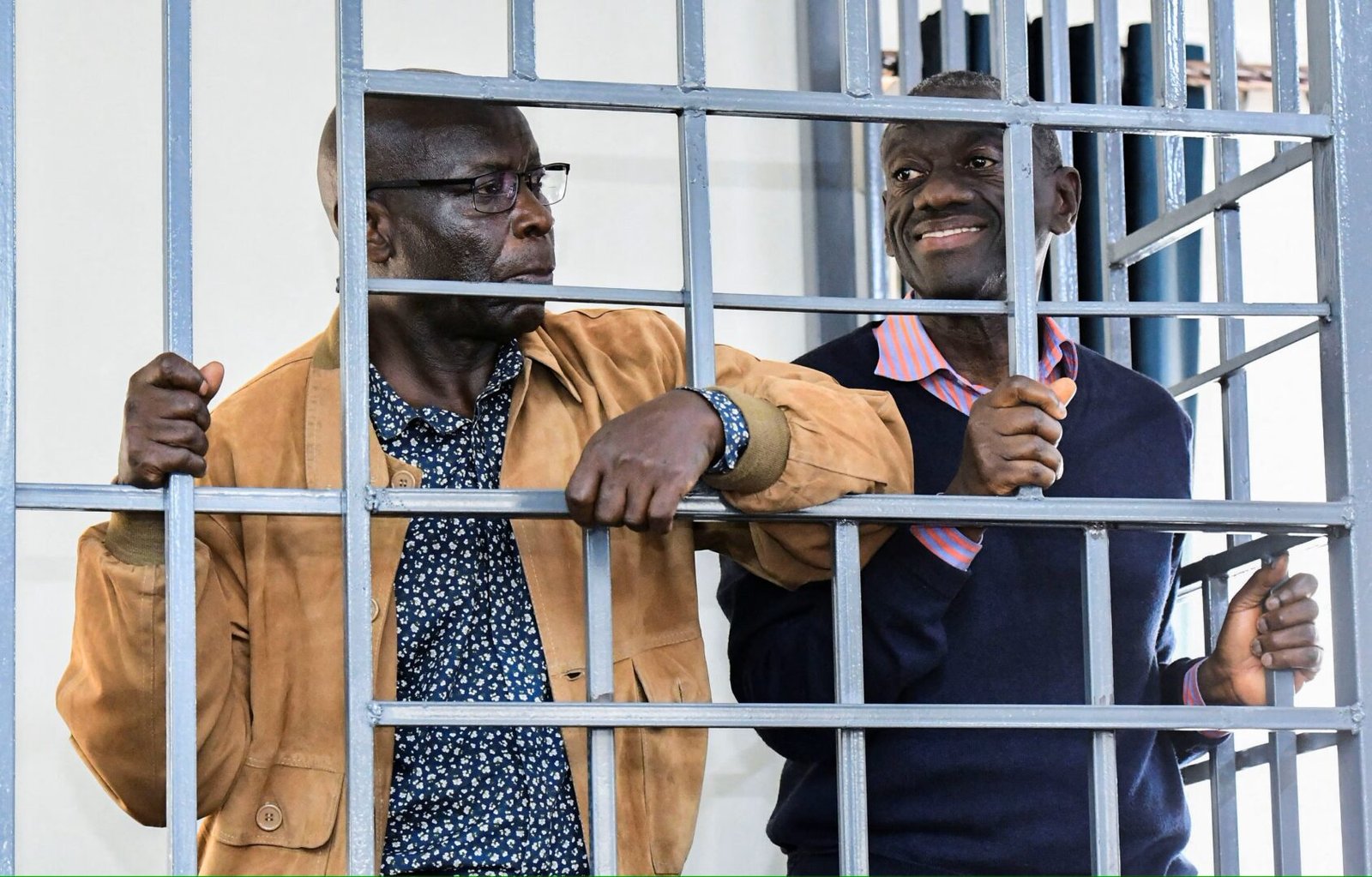KAMPALA, Uganda — Uganda’s largest opposition party has initiated a legal challenge in the constitutional court, seeking to nullify a recently enacted law that re-establishes the authority of military tribunals to try civilians. This move comes after the Supreme Court, in January, had previously banned such prosecutions, citing the tribunals’ inability to guarantee fair and impartial criminal trials.
For decades, both local and international human rights advocates have criticized the Ugandan government, alleging that it uses military courts to target political opponents of President Yoweri Museveni, 80, who has been in power for nearly four decades.
While the president’s aides have denied these claims, they maintain that only civilians who engage in politically motivated gun violence are tried in these tribunals.
George Musisi, a lawyer representing the opposition National Unity Platform (NUP), confirmed that the party filed a petition to annul the new legislation, which was passed by parliament in May and signed into law by President Museveni a month later.
NUP’s secretary general, Lewis Rubongoya, addressed reporters outside the court, stating, “They violated all the processes that they should follow while passing laws,” and specifically mentioned the lack of adequate public consultation.

A significant number of NUP supporters and leaders, including the party’s president, Bobi Wine, have faced charges or prosecution by military tribunals in the past. Wine, a pop star-turned-politician, is expected to challenge President Museveni in the upcoming election.
Following the signing of the law, Chris Magezi, the army spokesperson at the time, commended the legislation, asserting it would “deter the formation of militant political groups.”
Additionally, Uganda’s military chief, Muhoozi Kainerugaba—who is also the president’s son—congratulated the lawmakers for their role in passing the bill.
The Supreme Court’s prior ruling had compelled authorities to transfer the military trial of prominent opposition figure Dr Kizza Besigye, who was facing charges of treason, to a civilian court.
Despite this, Besigye remains in detention, nearly nine months after his arrest, and has been repeatedly denied bail.

